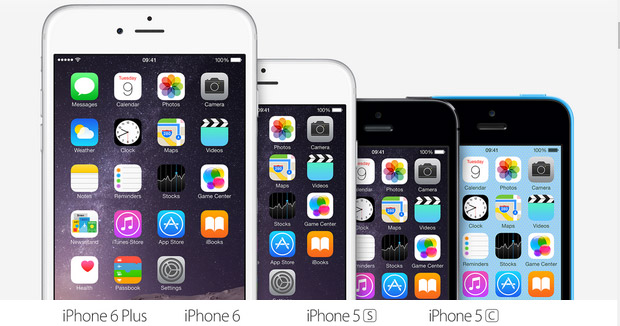
Perhaps in recognition of the growing criticisms and gripes from frustrated developers and users, Apple has announced that they are, “relaxing all restrictions on the development tools used to create iOS apps” and publishing new app review guidelines.
Things really kicked off after Adobe released a set of tools that allowed developers to use Flash as a development platform to create native applications for iPhone and iPad.
Steve Jobs declared himself mightily unchuffed with this, and promptly changed the terms of the iOS Developer Program license and banned the use of such cross-platform tools.
Not surprisingly, a storm of protest ensued, with Adobe, developers and coders using such tools shouting the loudest.
Steve Jobs wouldn’t budge though, insisting that the “intermediate layers” created between the platform and the developer by these third party tools, “ultimately produce sub-standard apps and hinder the progress of the platform.”

App store guidelines
We’ve long railed against Apple’s sometimes bizarre, sometimes moralistic and sometimes unfathomable acceptance and censorship policies in its App Store, so hopefully their new App Store Review Guidelines will help developers negotiate their way through the company’s opaque restrictions.
Here’s an excerpt from their intro. They don’t want any more fart apps.
We view Apps different than books or songs, which we do not curate. If you want to criticize a religion, write a book. If you want to describe sex, write a book or a song, or create a medical app. It can get complicated, but we have decided to not allow certain kinds of content in the App Store. We have over 250,000 apps in the App Store. We don’t need any more Fart apps. If your app doesn’t do something useful or provide some form of lasting entertainment, it may not be accepted. We will reject Apps for any content or behavior that we believe is over the line. What line, you ask? Well, as a Supreme Court Justice once said, “I’ll know it when I see it”. And we think that you will also know it when you cross it. If your app is rejected, we have a Review Board that you can appeal to. If you run to the press and trash us, it never helps. Lastly, we love this stuff too, and honor what you do. We’re really trying our best to create the best platform in the world for you to express your talents and make a living too. If it sounds like we’re control freaks, well, maybe it’s because we’re so committed to our users and making sure they have a quality experience with our products. Just like almost all of you are too.
There’s no guarantee that Apple won’t continue to retrospectively throw off any saucy apps that suddenly offend its ever-shifting delicate sensibilities, though.
Apple’s hand is forced?
With awesome new mobile games now being created by cross-platform gaming engines like Unreal Engine, perhaps Apple have realised that they could be losing out big time, and we’re also wondering if this move isn’t being prompted by the meteoric growth of its rival, Android.
Either way, it’s good news all round.
Here’s Apple’s statement:
We are continually trying to make the App Store even better. We have listened to our developers and taken much of their feedback to heart. Based on their input, today we are making some important changes to our iOS Developer Program license in sections 3.3.1, 3.3.2 and 3.3.9 to relax some restrictions we put in place earlier this year.
In particular, we are relaxing all restrictions on the development tools used to create iOS apps, as long as the resulting apps do not download any code. This should give developers the flexibility they want, while preserving the security we need.
In addition, for the first time we are publishing the App Store Review Guidelines to help developers understand how we review submitted apps. We hope it will make us more transparent and help our developers create even more successful apps for the App Store.
[Apple]


